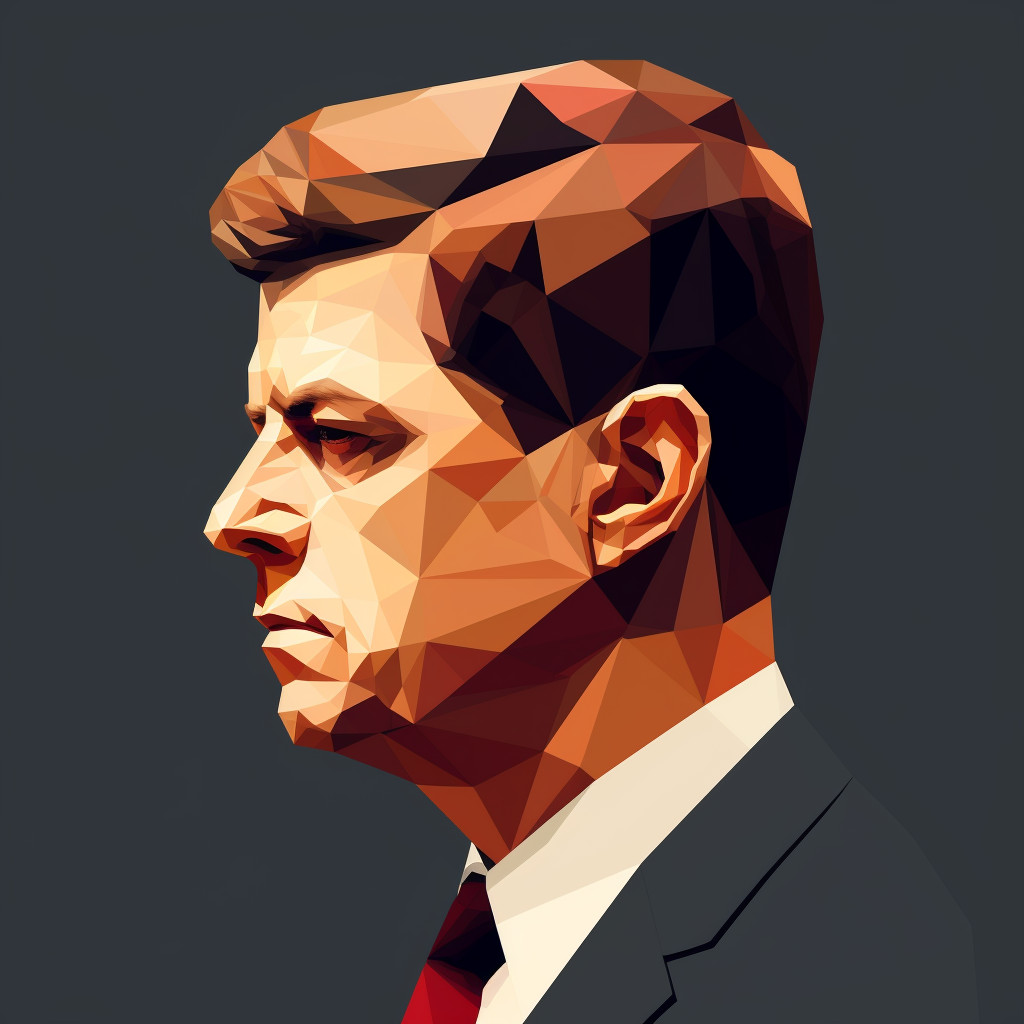'Tyranny' Quotes
Tyranny quotes have played a significant role in shaping history and inspiring individuals to fight against oppressive rulers and systems. From ancient philosophers like Plato and Aristotle to modern leaders like Martin Luther King Jr. and Nelson Mandela, these quotes have been used to challenge and…Read More
Tyranny quotes have played a significant role in shaping history and inspiring individuals to fight against oppressive rulers and systems. From ancient philosophers like Plato and Aristotle to modern leaders like Martin Luther King Jr. and Nelson Mandela, these quotes have been used to challenge and resist tyranny in all its forms. They remind us of the dangers of unchecked power and the importance of standing up for justice and freedom. These quotes have also served as rallying cries for revolutions and movements, igniting a spark of hope and courage in the hearts of those fighting against tyranny. Even today, they continue to inspire and empower individuals to speak out against injustice and strive for a more equitable society.Read Less
Tyranny quotes have played a significant role in shaping history and inspiring individuals to fight against oppressive rulers and systems. From ancient philosophers like Plato and Aristotle to modern leaders like Martin Luther King Jr. and Nelson Mandela, these quotes have been used to challenge and resist tyranny in all its forms. They remind us of the dangers of unchecked power and the importance of standing up for justice and freedom. These quotes have also served as rallying cries for revolutions and movements, igniting a spark of hope and courage in the hearts of those fighting against tyranny. Even today, they continue to inspire and empower individuals to speak out against injustice and strive for a more equitable society.
83 Exceptional 'Tyranny' Quotations and Sayings
Tyranny – Symbolic Value
Tyranny is a concept that has been used throughout history to represent the oppressive and authoritarian rule of a single individual or group over others. It is often associated with fear, control, and the suppression of individual rights and freedoms. The word itself comes from the Greek word “tyrannos,” meaning an absolute ruler who has gained power through force or deceit.In quotes, tyranny is often used as a symbol for the abuse of power and the consequences of unchecked authority. It serves as a warning against the dangers of authoritarianism and the importance of protecting democracy and individual liberties.
Tyranny – Cultural and Historical Significance
Throughout history, tyranny has played a significant role in shaping cultures and societies. In ancient Greece, the concept of tyranny was used to describe the rule of tyrants who seized power through force and ruled with an iron fist. This led to the development of democracy as a form of government, with the aim of preventing the rise of tyrants.In the 20th century, tyranny took on a new meaning with the rise of totalitarian regimes such as Nazi Germany and the Soviet Union. These regimes used fear and propaganda to control their citizens and suppress any dissent. The atrocities committed under these regimes serve as a reminder of the dangers of tyranny and the importance of protecting individual rights and freedoms.
Tyranny – Common Themes in Motivational Contexts
In motivational contexts, tyranny is often used as a symbol for the obstacles and challenges that individuals must overcome in order to achieve their goals. It represents the struggle against oppressive forces and the fight for freedom and justice. Quotes such as “the only thing necessary for the triumph of evil is for good men to do nothing” by Edmund Burke, highlight the importance of standing up against tyranny and fighting for what is right.Tyranny is also used as a metaphor for the internal struggles and conflicts that individuals face in their personal lives. It can represent the battle against one’s own fears, doubts, and insecurities. Quotes like “the greatest tyrant, even worse than the one in the Kremlin, is the tyrant within” by Franklin D. Roosevelt, emphasize the importance of overcoming one’s own inner tyrant in order to achieve personal growth and success.
Tyranny – Portrayal in Art and Media
The concept of tyranny has been a popular theme in art and media, with many works depicting the struggle against oppressive forces. In literature, George Orwell’s “1984” and Ray Bradbury’s “Fahrenheit 451” are classic examples of dystopian novels that explore the consequences of living under a tyrannical government.In film and television, tyrants are often portrayed as power-hungry and ruthless individuals who will stop at nothing to maintain their control. The character of Lord Voldemort in the Harry Potter series and President Snow in The Hunger Games are both examples of tyrants who use fear and manipulation to maintain their power.
Tyranny – Impact on Understanding of Life and Society
The concept of tyranny has a profound impact on our understanding of life and society. It serves as a reminder of the dangers of unchecked power and the importance of protecting individual rights and freedoms. It also highlights the need for individuals to stand up against oppression and fight for justice and equality.In today’s world, where authoritarian regimes still exist and democracy is constantly under threat, the concept of tyranny remains relevant. It reminds us of the importance of remaining vigilant and actively working towards a society where tyranny has no place.In conclusion, tyranny is a powerful concept that has been used throughout history to represent the abuse of power and the struggle against oppression. In quotes, it serves as a symbol for the dangers of authoritarianism and the importance of protecting democracy and individual liberties. It has played a significant role in shaping cultures and societies, and continues to have a profound impact on our understanding of life and society.













